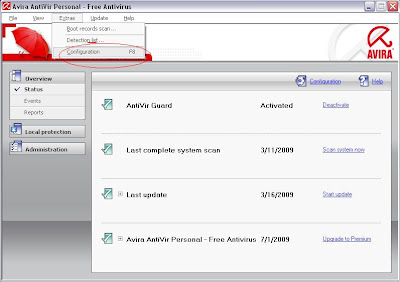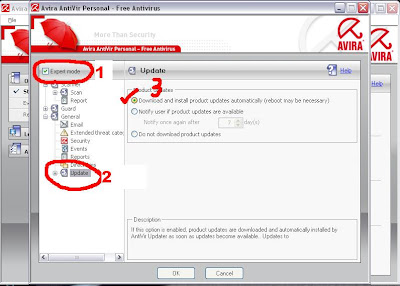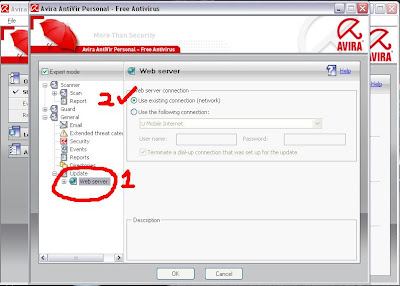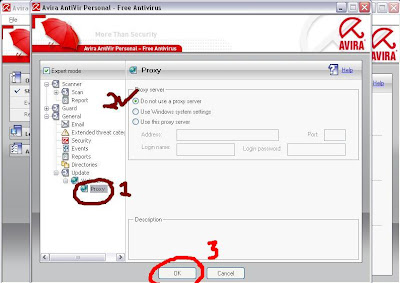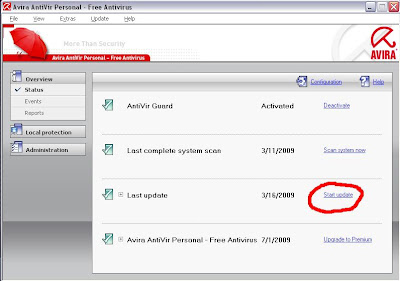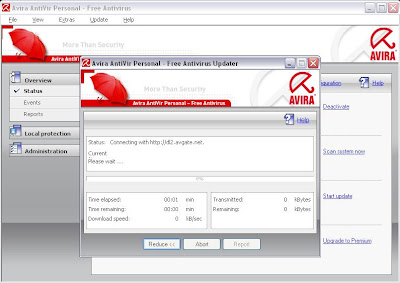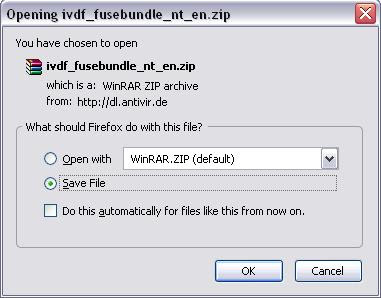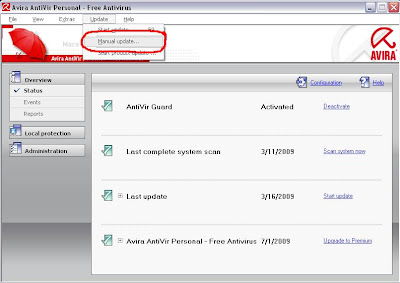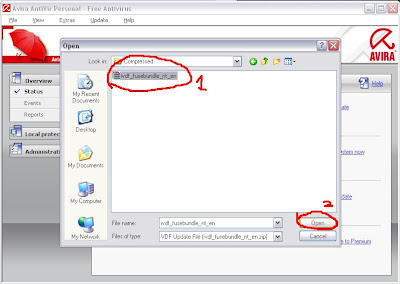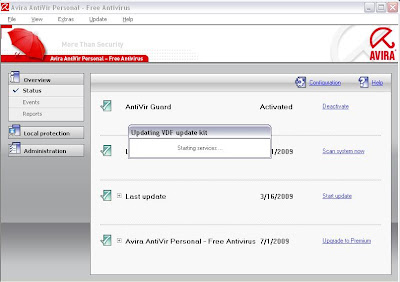Health concerns with food use of plastics: A variety of petroleum-based chemicals go into the manufacture of plastics. Some can leach into food and drinks, and possibly impact human health. Leaching increases when plastic comes in contact with oily or fatty foods, during heating and from old or scratched plastic. Use of some detergents can degrade plastic, also allowing the chemicals to leach out. Types of plastics shown to leach toxic chemicals are polycarbonate, PVC and styrene. This does not imply that other plastics are entirely safe; these plastics have just been studied more.
Bisphenol A (BPA), a chemical that mimics the action of the human hormone estrogen, can leach from polycarbonate plastic. A Centers for Disease Control study detected BPA in the urine of 95 percent of adults sampled. Scientists have measured BPA in the blood of pregnant women, in umbilical cord blood and in the placenta, all at levels shown to cause harm in laboratory animals.
While 92 percent of 163 government-funded studies found significant developmental, reproductive or immune effects from low-level exposure to BPA, none of the 13 industryfunded studies found significant effects.
Animal studies document low dose effects at exposure levels hundreds of times lower than the current level considered “safe” by the Environmental Protection Agency.Hormones stimulate certain cancers. Bisphenol A stimulates prostate cancer cells and causes breast tissue changes that resemble early stages of breast cancer in both mice and humans. Early life exposure to BPA can also cause genetic damage, including chromosomal errors at low levels of exposure in mice, which can lead to spontaneous miscarriages and birth defects. In humans, higher BPA levels in urine have been associated with ovarian dysfunction. Another study found that women with a history of recurrent miscarriages had over threefold higher levels of BPA in their blood compared to women without a miscarriage history.
DEHA [Di(2-ethylhexyl)adipate] is one of several plasticizers (softeners) to which people have daily exposure through food, water, air and consumer products. PVC cling wrap contains DEHA, a hormone-disrupting chemical that can leach into oily foods on contact and when heated. DEHA exposure is linked to adverse effects on the liver, kidney, spleen, bone formation and body weight. It is also a possible human carcinogen, affecting the liver.
Styrene can leach from polystyrene plastic. Styrene is toxic to the brain and nervous system among workers with longer- term exposures, but also adversely affects red blood cells, liver, kidneys and the stomach in animal studies. Aside from exposure from food containers, children can be exposed to styrene from secondhand cigarette smoke, off-gassing of building materials, auto exhaust fumes and drinking water.
-------------------------------------------------------------------------------------------------
Fetuses and young children at greatest risk: Young children’s immature immune systems, rapid development and different eating patterns make them more vulnerable to toxic exposures. Child development is a delicate biological process, guided by the body’s own hormones acting at low levels and affecting every cell, organ and function of the human body. Exposures to chemicals like phthalates and bisphenol A during critical times in development can disrupt the body’s natural signals and cause effects that may not show up for many years, possibly resulting in diseases such as prostate or breast cancer later in life.
-------------------------------------------------------------------------------------------------
Confused about #7 plastic?
You’re not alone. Just a few years ago, most #7 plastic was polycarbonate, a plastic we should avoid. Now many new plastics also fit into the #7 category. If it’s labeled # 7-PC, it’s unsafe polycarbonate. (NOTE: not all polycarbonate plastics have the PC label.) If it’s labeled “PLA” or “compostable,” it’s a safer, bio-based plastic. Otherwise, you will need to call the manufacturer and ask them what type of plastic it is. Here are a few examples of non-polycarbonate
(non-BPA) #7 plastics:
- Gerber baby food containers are an overlay of polypropylene (inside) and polystyrene (outside).
- BornFree baby bottles are made of clear polyamide plastic.
- Polylactic acid (PLA) plastic is made from corn. Consumer demand for a new label to identify bio-based plastics could help distinguish them from polycarbonate and other #7 plastics.
- SAN or Styrene-acrylonitrile resin, a copolymer plastic consisting of styrene and acrylonitrile.
- Nalgene and Camelbak brand water bottles are now made of co-polyester.
- Acrylic plastic dinnerware.








